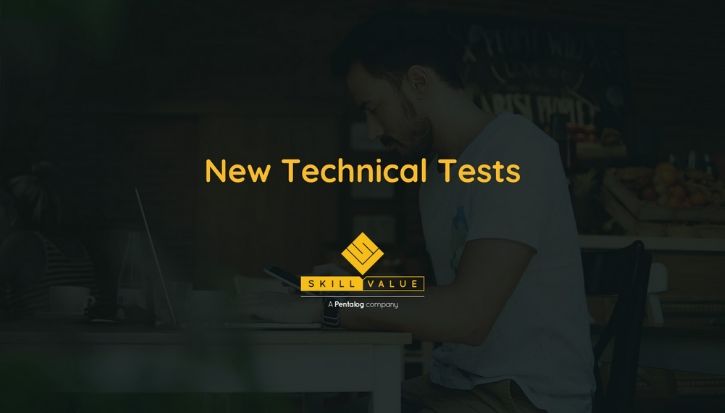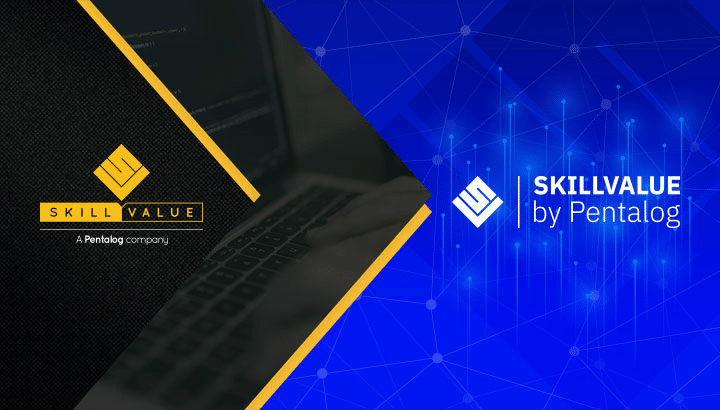Meet Sébastien Letélié, CEO of Health Factory.
The French entrepreneur has been coding since he was 12 years old, when his father had bought him his first Mac, and never stopped since then. He learnt to develop software in Java, JavaScript, Objective C and Python. As a developer, he thinks the biggest challenge one has is to understand the exact need of their customers, in order to deliver the right tool able to solve the client’s specific problem. As for his entrepreneurial life, he thinks it’s really more about the execution rather than the idea itself.
Which was the first start-up you’ve launched and what triggered you to do it?
Health Factory is the first one I created from scratch. In the previous company I’ve worked for (Improve, sold for 2M€ in 2013), I’ve started as an employee and became shareholder within the last 10 years. In the beginning I was not an entrepreneur, it’s during the building and the growth stages of the product (an EHR for Emergency Departments) that I became an actual entrepreneur. We sold the company because the main shareholder withdrew and although I wanted to buy his shares and continue our project, the others wanted to sell.
So I was thinking about what I could build after this. I’ve begun by joining startup weekends and hackathons, and then I started the Hacking Health movement in order to meet new people, acculturate healthcare stakeholders to innovation and help digital stakeholders to collaborate with health professionals and patients. Finally, it was this experience that brought me to create Health Factory – a start-up that helps large companies in healthcare to innovate by using collaboration and innovation processes.
What was the most difficult part in launching it?
The most difficult part is to deal with uncertainty and failure, because you fail a lot. Starting from scratch and building things without any guarantee you are on the right way is hard. This is why I work on innovation processes based on short iteration, which gives us the data we need to know if we are on the right way or not.
Did you have any help?
Actually the point is not about starting the company, the point is about asking yourself if you’re ready to be an entrepreneur and deal with uncertainty. You can start testing yourself as a part time job, with friends, with an idea you have. This is what I do. I’ve started working on ideas, found a team and tested the ideas with users, with very little resources, and after some fails I finally built Health Factory and today I have enough money to continue.
How did being a software developer help you in your entrepreneurial work?
The powers we have as a software developers: 1) we are on top of society’s digital transformation; 2) we are the makers of this digital transformation; 3) we have the power to build new things that disrupt old business models everywhere.
People who don’t know how digital things work can’t build anything in this domain, they need us. As an example, two of the biggest companies in the world are managed by developers (Google and Facebook). But digital knowledge and skills are not enough. Marketing skills are also essential, so you need to build a pluridisciplinary team, in order to be strong. Our power is like in the Matrix movie, we know how the Matrix works, so we are able to hack things with our digital capabilities.
Tell us more about Health Factory
Health Factory is a service company that creates immersive experiences (like the health hackathon), federates a group of experts with technical, medical, legal, entrepreneurial, and design skills around the world, and manages experimentation on the field. Our customers are Big Pharma companies, insurers, health industry players and hospitals. As our company grows, new business model opportunities appear, so sometimes we start projects inside the company.
For example, by helping physicians in hospitals, we detected they need a secure instant messaging tool for collaboration. We started by helping them discover tools like Slack and Yammer, but now we’re building a dedicated tool for collaboration that has features similar to those of Slack, but focus on healthcare collaboration, between patients and medical staff.
What’s next?
Right now we’re selling services like workshops, mobile/web development, hackathons, but our next step is to sell a complete innovation process for big players in the healthcare industry. Starting from ideas and finishing with the commercialization of a product / market fit. This is harder for large companies but, as they acknowledged, they know that they need this. So it’s now just a question of time to finish this type of work with at least one large company.
Any advice for a software developer that plans to become an entrepreneur?
Find a team of people you want to work with and want to work with you. Start from any idea you have, ideas doesn’t matter, the key to success is in the execution.
Observe how you enjoy building new things and working with these people. Don’t be disappointed by failure, just learn from it and never stop innovating and having new ideas. With the right team, you can go anywhere.
This article is part of a new series called “From Programmer to Entrepreneur”. If you want to find out more about Sébastien Letélié, you can follow him at @sebmade














